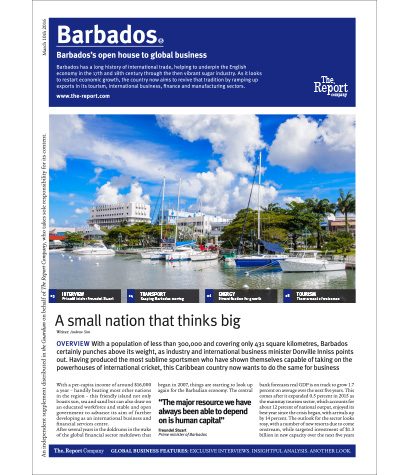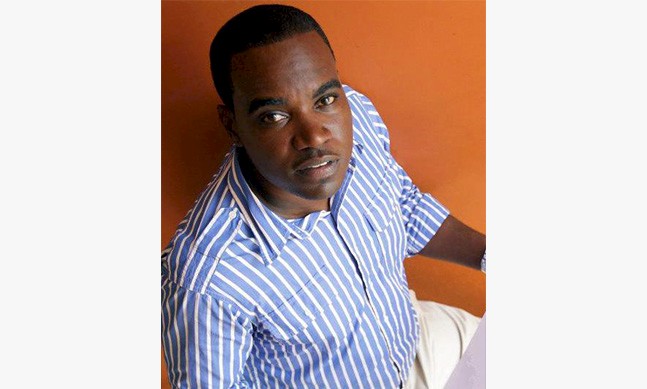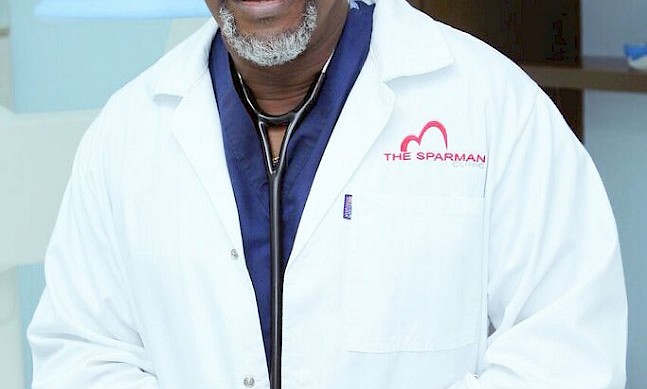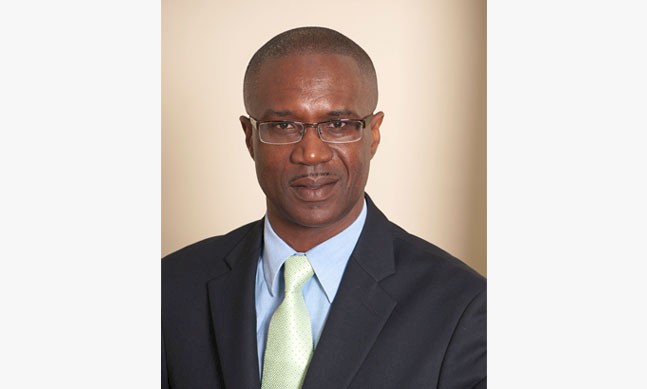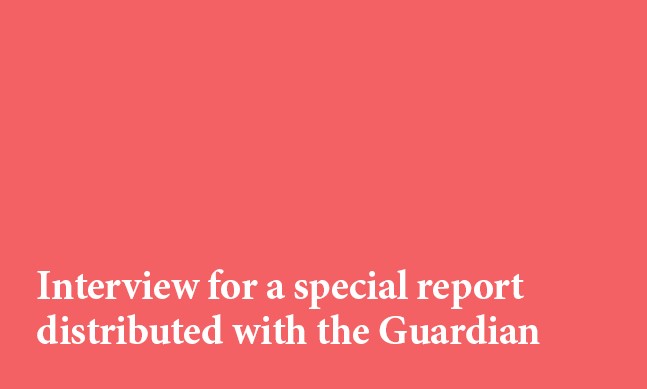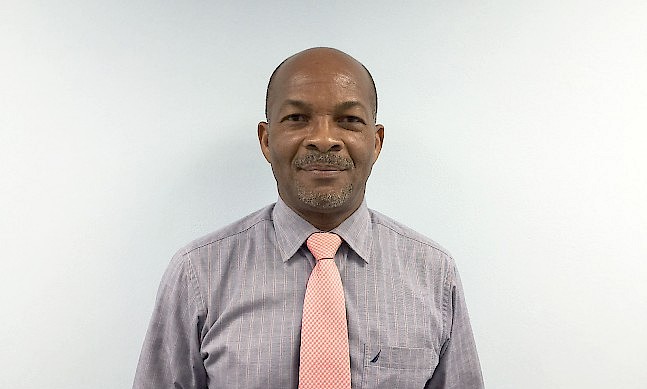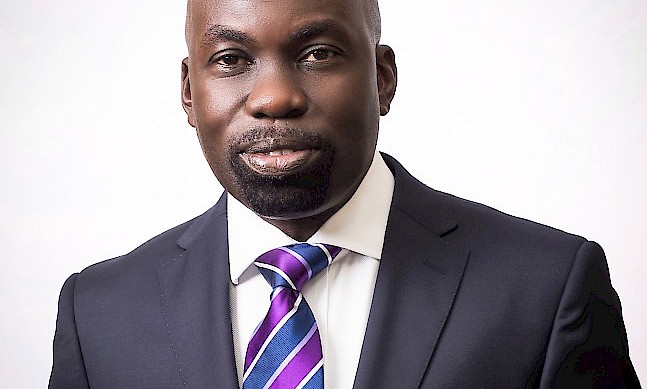Getting around Barbados is easy thanks to its public transportation system, made up of government-run buses and privately-operated mini-buses and route taxis. The Barbados Transport Authority, which oversees the sector, is working to integrate both the public and the privately-owned operators to ensure a more streamlined experience for tourists and locals alike. Alex Linton, the authority’s director, spoke to The Report Company about the transportation sector’s contribution to Barbados’ economic growth.
The Report Company: How would you define Barbados?
Alex Linton: There is no place like Barbados. You can travel all over the world, and when you come back you can relax, you can take a breath, and you feel as if you are safe here. We have a very high literacy rate, one of the highest in the world, which we are very proud of. We build houses that are unique, that have that historical flavour and that experience that is truly Barbadian. We are a very warm and friendly people, and we have that Bajan flavour. It’s a beautiful place to be, but at the same time we are deeply into commerce. Barbados offers some fabulous double taxation treaties. We do very good business here, we keep our standards high, and it’s a fabulous place to live.
TRC: How would you appraise the transportation sector in Barbados?
AL: We look at transportation as a whole. We have approximately 115,000 vehicles on this island, including public transport and tourism-related transportation. Those are public service vehicles. The public transport has a very reasonable fare of just two Barbadian dollars to go almost anywhere in the country. That is phenomenally low and you won’t find fares as low as that elsewhere in the world. The sector has evolved from trucks carrying people to streamlined city buses, which we have in various sizes. Throughout the island we have about 30 designated routes and nearly 700 providers, so transportation has evolved into a business venture for those who are willing to take that business risk and provide a good service for social and economic reasons.
The accessibility and acceptability of public transport is really crucial in moving people to work, to school, to recreational facilities, to health facilities, and it’s so dynamic that you can get anywhere any time. We are working now on further improving the standard. If you look at the tourism-related transport, we have Rolls-Royces and Bentleys on the island, we have the top-of-the-line Mercedes S class, right the way down to the more basic vehicles. We have also started bringing back some of the older vehicles to provide that more historical experience, since the Greater Bridgetown area has now been designated as a World Heritage site.
“Transport is vital for national productivity, and for economic growth and development we need to have efficient and effective transportation”Post This
TRC: What is the sector’s contribution to the economy?
AL: A lot of people like to talk about the sexier industries like tourism and offshore and even sugar, but without transportation none of those sectors can function effectively. Transport is vital for national productivity, and for economic growth and development we need to have efficient and effective transportation. Our government is focussing on making sure that our transportation meets our local and international needs.
TRC: You are behind the Transport Authority Service Integration (TASI) initiative, beginning on 1st December. What does this involve?
AL: We have been crafting this pilot project which focuses on the service delivery of public and privately-owned road transport vehicles in order to bring them together under one schedule. The idea is to have a single fare approach instead of having this fragmentation where public transport goes one way and private operators go another way. We want to coordinate the efforts and integrate the services. We are not integrating the ownership or the labour structures or anything of that nature; we just want to integrate the services at this time.
What will happen is that we will be able to have reliable schedules and our customers will be able to use smartphones and tablets to enhance that type of service delivery experience.
We also have two projects in the pipeline to rebuild the bus terminal and redesign our main terminal into a real cultural centre where there is shopping and other services. That is in the medium term. But for now our focus is on improving on the areas that are really critical. The infrastructure is important but what we really need to do is to bring the service level up to and above par.
“I would like to contribute to our economy by enhancing our public transport and making it more efficient”Post This
TRC: What would be you like to contribute personally to the development of Barbados?
AL: What I want to see in my role as director of transport authority is an impact on our fuel consumption. I want to see a downward trend in fuel consumption and because we import quite a significant amount of fuel, I would like to contribute to our economy by enhancing our public transport and making it more efficient so that people use public transport more. I would also like to see our productivity increase as workers get to their destination on time. I would like to see an increase in disposable income, given the savings that will result if people can use public transport instead of private transport. I want public transport to be a model of quality. It is an uphill battle, but it’s something that I think is achievable and with hard work we will get there.
TRC: What would be your message about Barbados?
AL: I would tell people to come to Barbados and enjoy the sun but also recognise that we have quality services to offer to everyone. We enjoy the ability to move about with quality transportation services that you won’t find anywhere else in the Caribbean, and we are on the same level as the developed countries.
